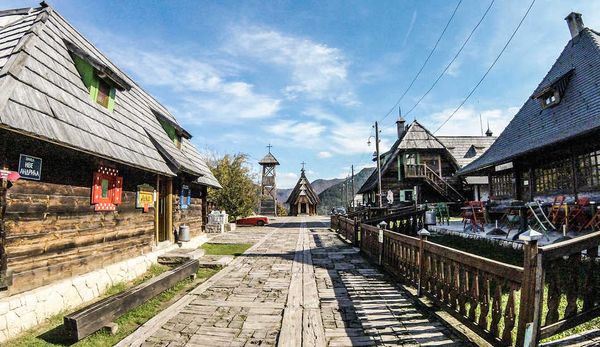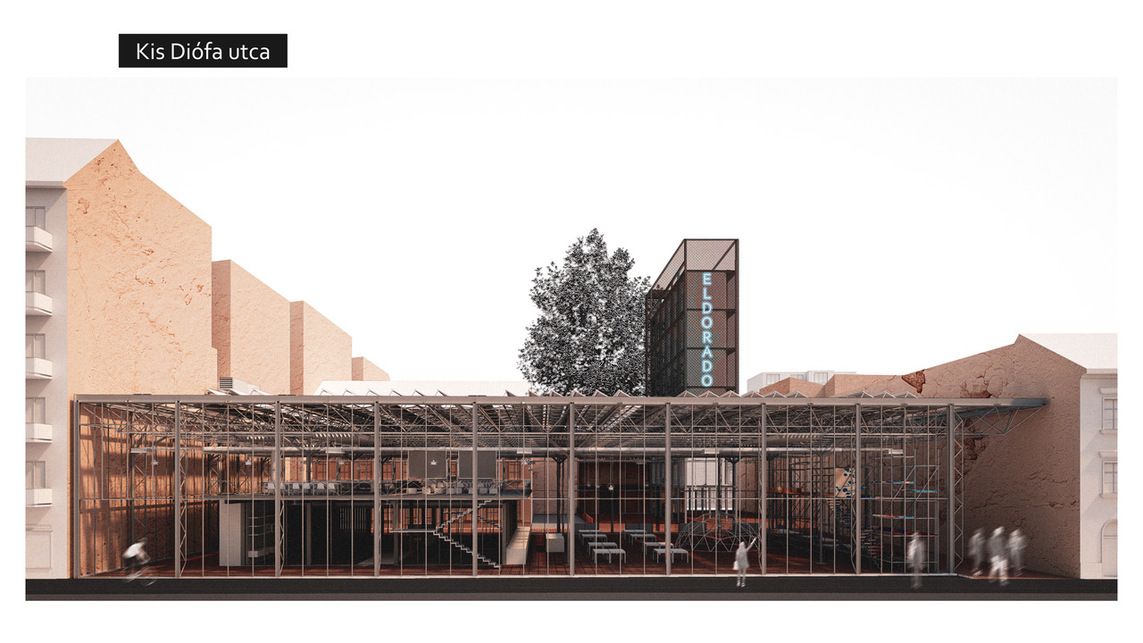In the spirit of sustainability and recycling, Gergely Tasnádi, in his diploma thesis, envisioned a waste disposal plant in the middle of Budapest’s party district, which by collecting and using the plastic waste of bars and nightclubs, could produce furniture and elements of interior design. The recycling activity would not take place isolated, outside of the city, but locally, in clearly visible places, thus aiming to change the attitude of the residents in the district.
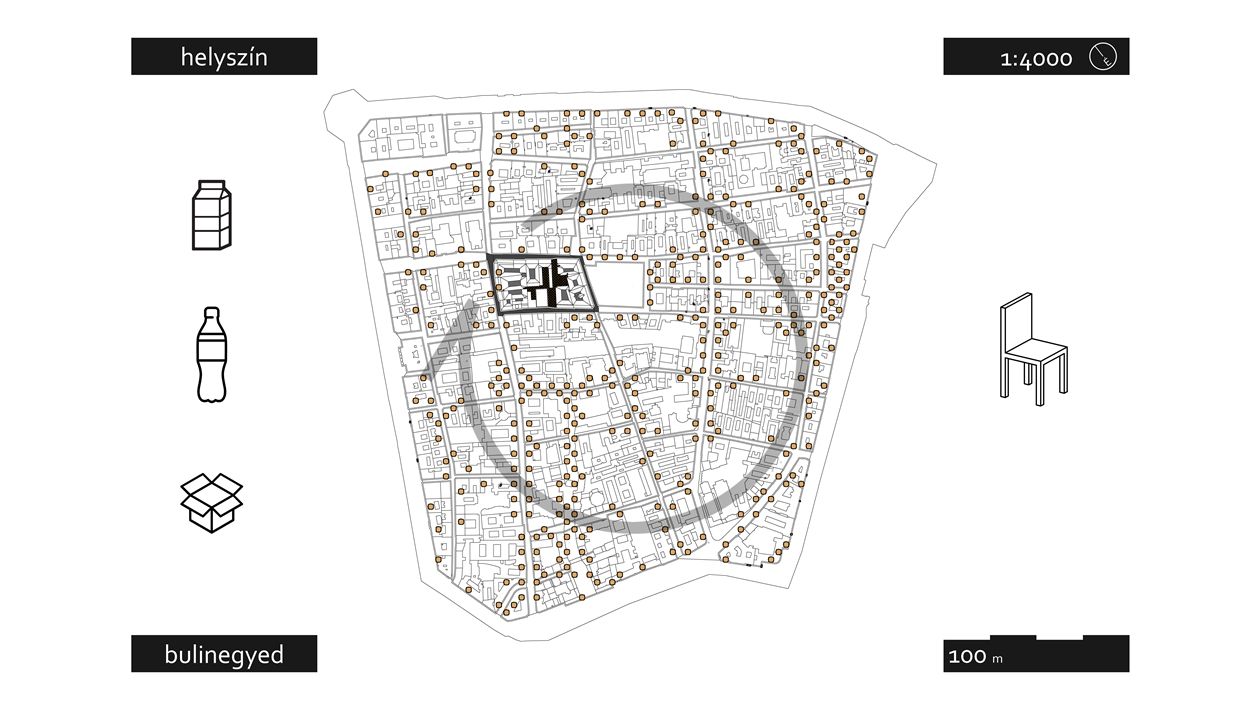
Eldorado considers the party district as a source of raw materials: certain types of waste—mainly plastic—of bars, nightclubs and catering establishments are available in well-calculated quantities. This is collected by Eldorado in the form of waste tax. Recycling is carried out by the machines of the Dutch Precious Plastic that can be built easily and inexpensively—grinder, extruder, heat press. From the collected waste, furniture, objects and elements of interior design are made, which the residents of the district can use in public spaces or for home renovation according to their needs.
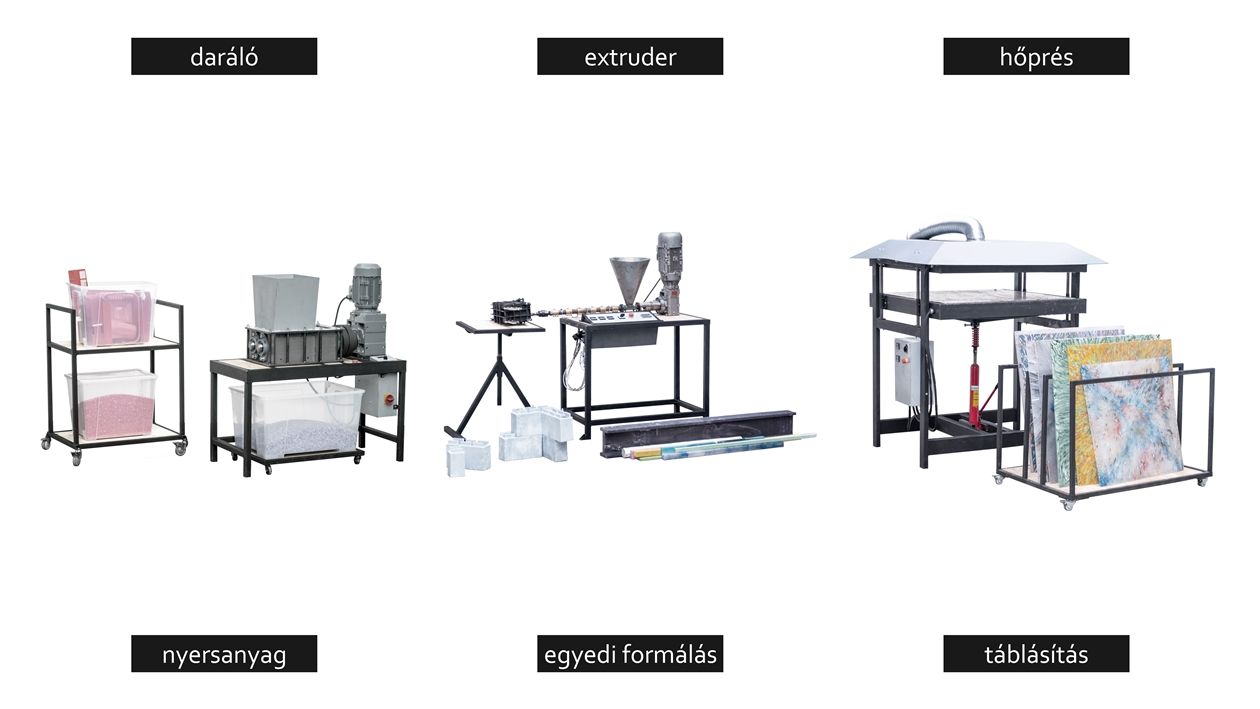
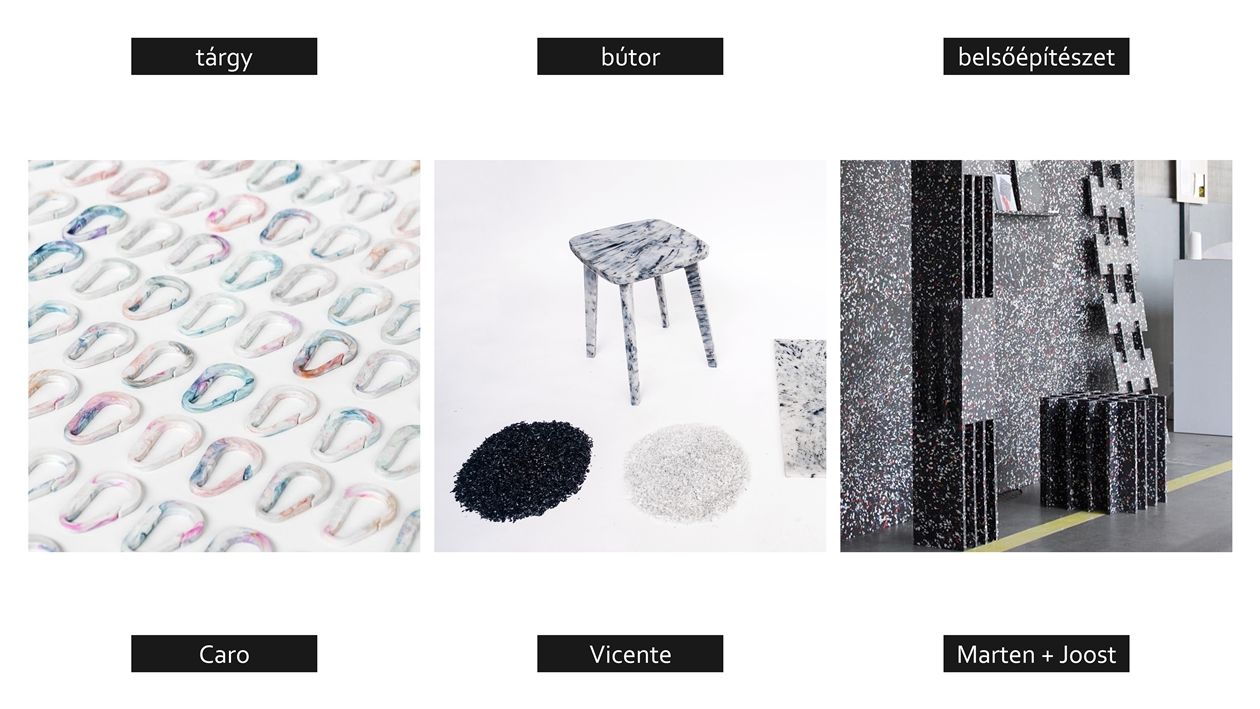
Gergely designed the dump to the area bordered by partition walls between Kis Diófa Street and Csányi Street. In addition to warehouses, workshops and a waste distributor, the factory could also house communal areas, a creative space and an exhibition space. The apartment building at 8 Csányi Street could be connected to this with a common staircase, forming an L-shaped block. The old apartment building is planned to have a shop, a laundry, a café and a co-working office, as well as housing units reserved for the guest workers of the workshop. The accommodation can be located in the form of prefabricated, modular housing boxes that can be adapted to the needs of the residents.
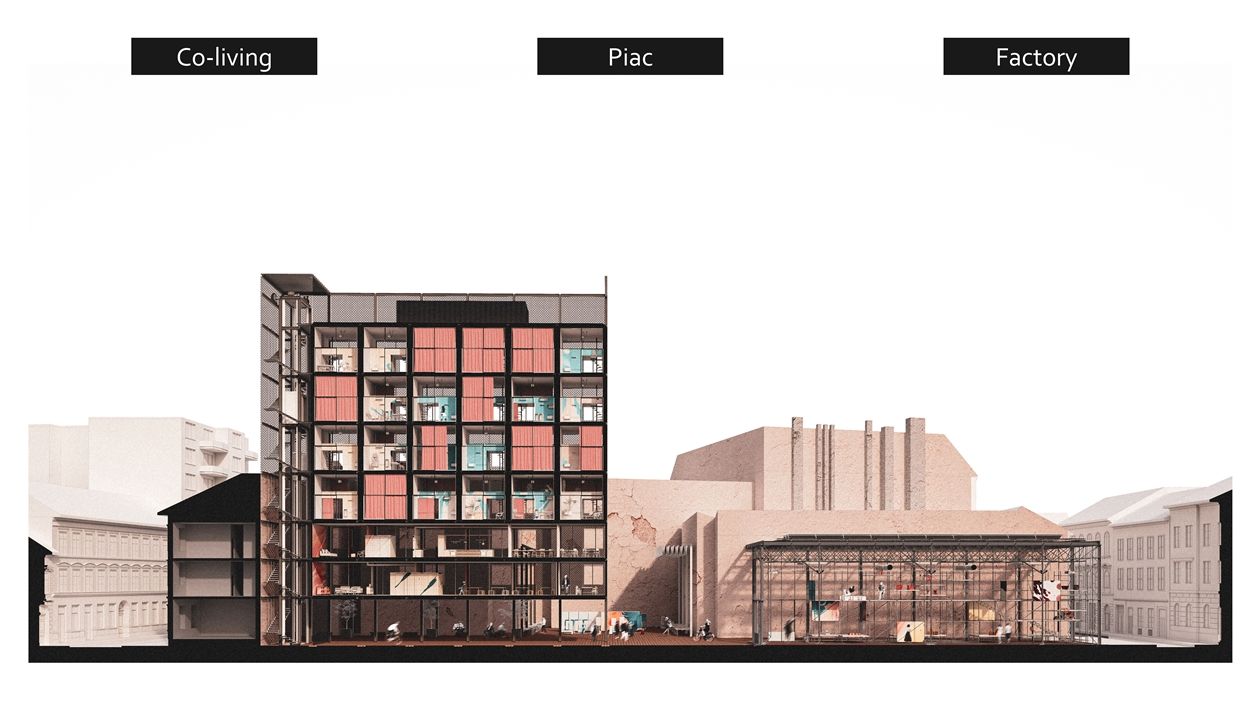
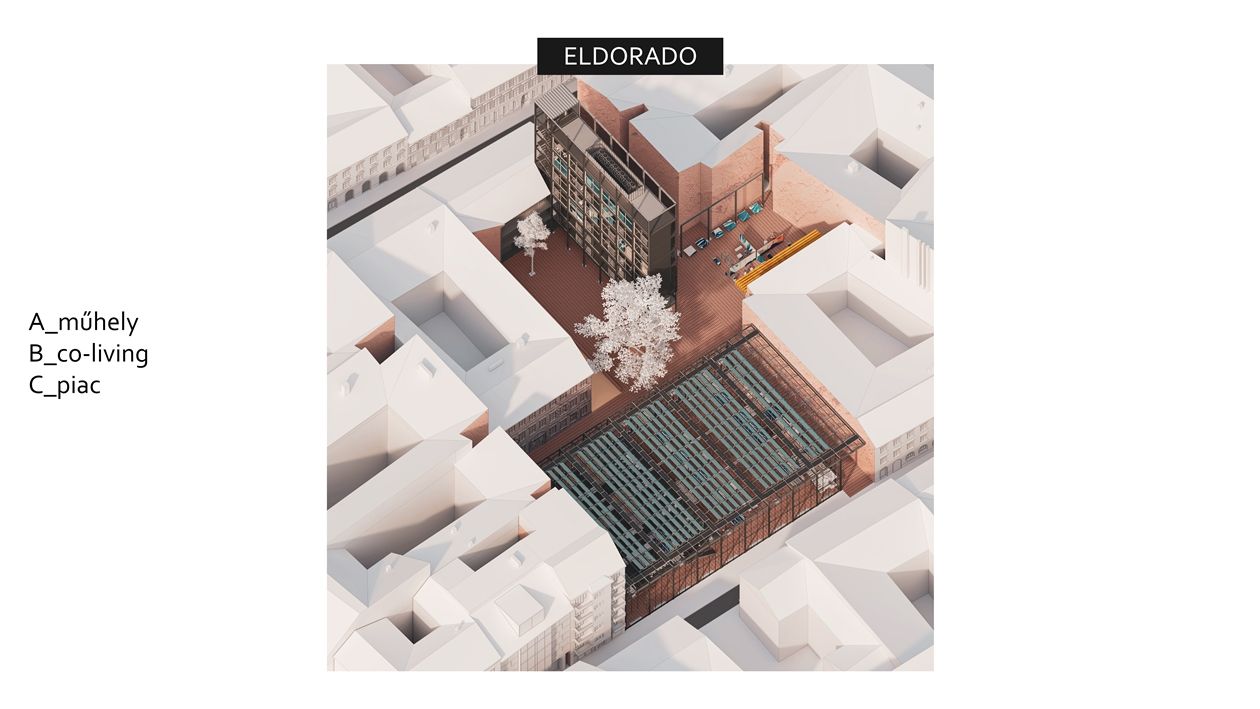
Source: Designisso, Építészfórum
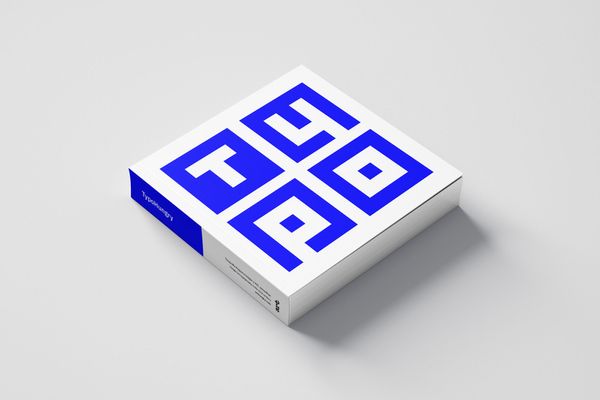
Twenty years of typography—ArtHungry’s call and publication series has started

In the intersection of the cosmos and photography | Łukasz Żak
